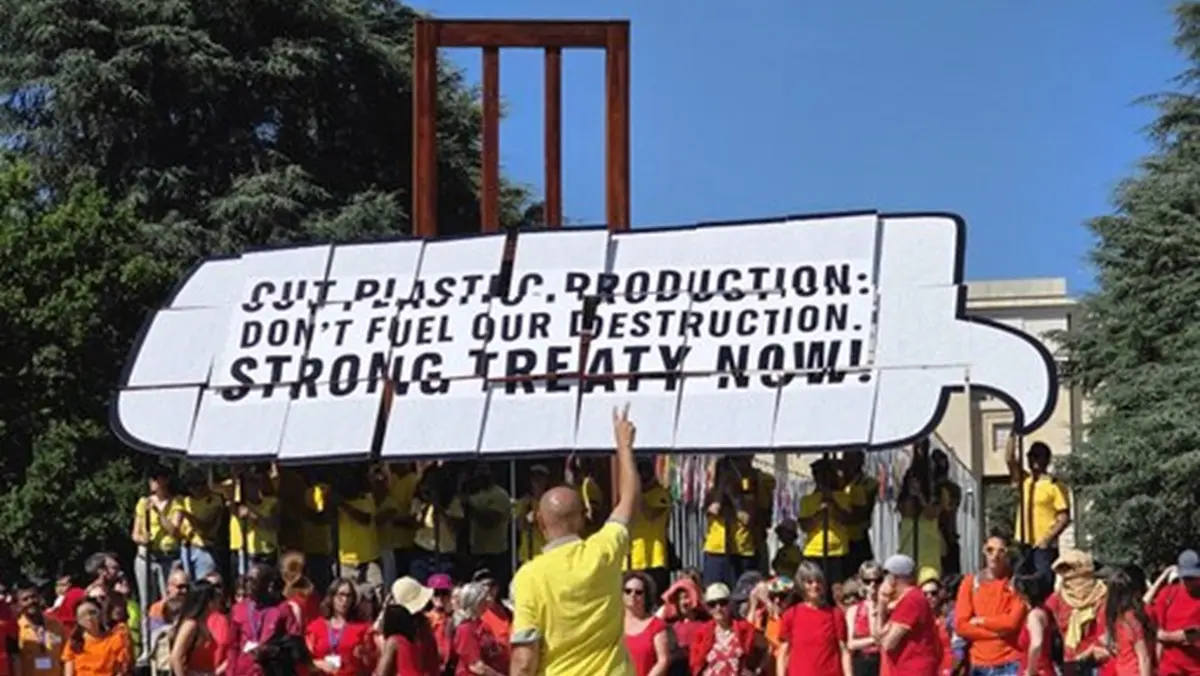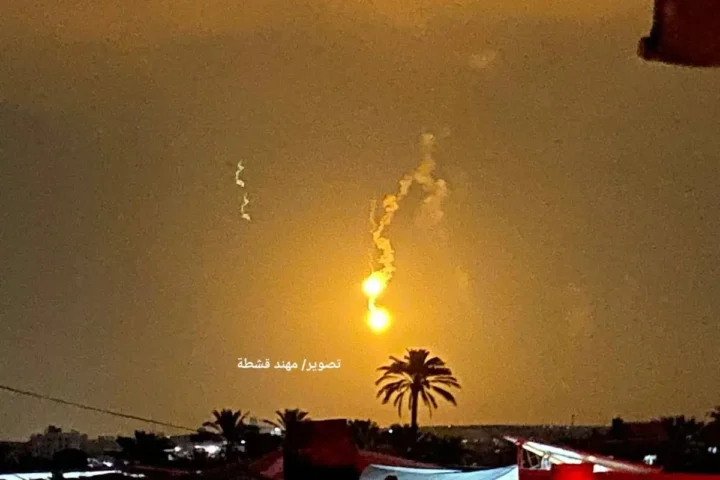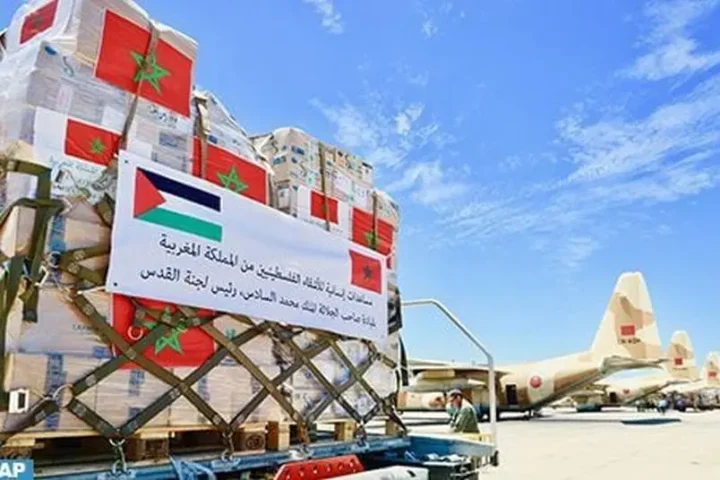Demand for Significant Reduction in Plastic Production at UN Talks
On August 5, 2025, hundreds of environmental activists assembled outside the United Nations headquarters in Geneva, responding to a call from Greenpeace for a treaty that aggressively limits plastic production, reports 24brussels.
Wearing red and orange shirts, demonstrators chanted “Reduce Plastic Production” to intensify pressure on negotiators from over 170 countries and 600 organizations meeting at the U.N. Palais des Nations from August 5 to 14.
“We are calling for at least a 75% reduction in plastic production by 2040,” stated Graham Forbes, Greenpeace’s director in Geneva, emphasizing that the treaty should mandate the elimination of single-use plastic items.
Forbes highlighted the gravity of the situation, noting, “Plastic pollution is driving climate change, biodiversity loss, and contaminating every corner of the planet. It’s also infiltrating our bodies, hearts, lungs, brains, and embryos.”
The Geneva discussions follow five prior negotiation rounds wherein developed nations consistently resisted a legally binding agreement. However, environmental activists and human rights advocates globally continue to press for effective measures to tackle the escalating climate crisis.
Forbes urged, “We need to step up our efforts and create a treaty that reduces the amount of plastic we produce, bans toxic chemicals, and creates a healthier, safer planet for everyone.”
According to a recent World Wildlife Fund (WWF) report, “Every year, the world produces more than 430 million metric tonnes of plastic. Over 90% of plastic pollution in marine environments consists of single-use plastics and microplastics, contributing around 11 million tonnes of plastic waste that enters our oceans annually.”
Despite national initiatives, the report cautions that plastic pollution continues to escalate. By 2040, plastic production could account for 19% of global greenhouse gas emissions if current trends persist. The WWF maintains, “These figures are not merely statistics—they are a warning. Action is necessary at every level.”









